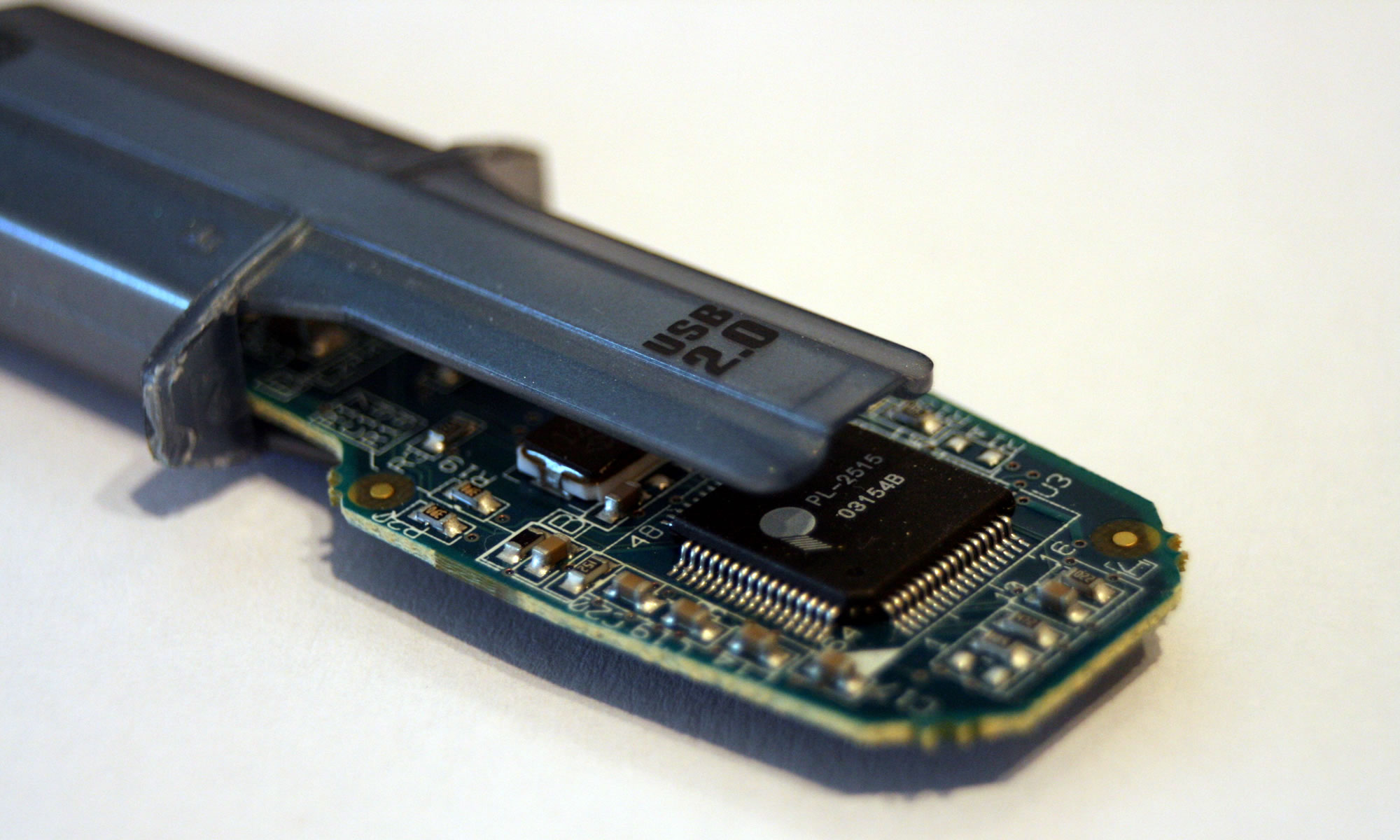
Google have recently a new version of Android for “wearables” specifically watches, Android Wear.
“That’s why we’re so excited about wearables—they understand the context of the world around you, and you can interact with them simply and efficiently, with just a glance or a spoken word.”
Wearables have been on the horizon for a while now. Rumours have abounded for a while about Apple’s iWatch and we have seen devices such as the Pebble which interact with your phone. Google have been “playing” with Google Glass in the US.
It’s interesting that Google see the next step is a watch.
Back in the 1980s the digital watch was incredibly popular, everyone I knew had or wanted a Casio watch, a watch that did so much more than just tell the time.
Today the watch hasn’t evolved, most people I know either don’t wear a watch or have retrograded to a “traditional” watch. In most respects, people see a digital watch as cheap and tacky!
If you though take a moment, though we are anticipating Android watches and Apple’s iWatch, there have been a few wearable technologies over the years already. The iPod nano was for many people a wearable, either attached to the arm when jogging or as a watch. Nike have their Fuelband and then there is the Fitbit.
The main difference with those devices compared to the anticipated smart watches, was they had limited functionality. The iPod nano was in the main, a music player, whilst the Nike Fuelband is about recording physical activity. You also have devices like the Pebble that aren’t isolated devices, but work in conjunction with your smartphone.
The newer anticipated devices, look like to be powerful multi-functional devices. You can see some of the concepts in devices such as Google Glass.
Mobile phones in the 1990s were in the main for making phone calls and sending SMS, some had a calculator, but generally they were limited single function devices. When you look at the Android phones and iPhones that we have today, these are cameras, gaming consoles, internet communication devices, video devices, as well as a device for making phone calls and sending SMS.
Generally when a device becomes more functional and flexible, the more useful it is for a wider range of uses and contexts.
So are you going to get a “wearable”?


